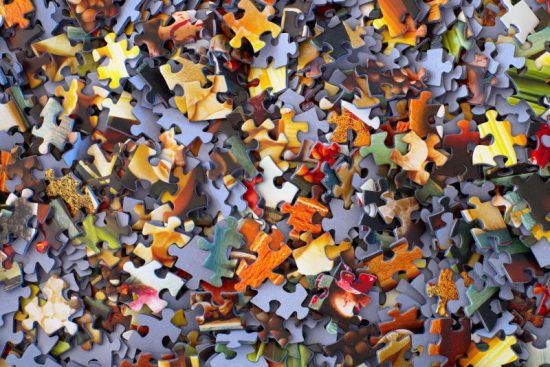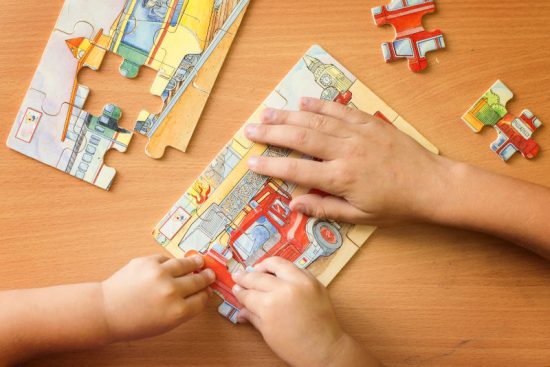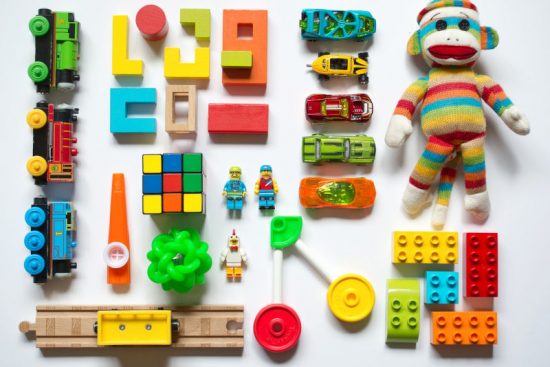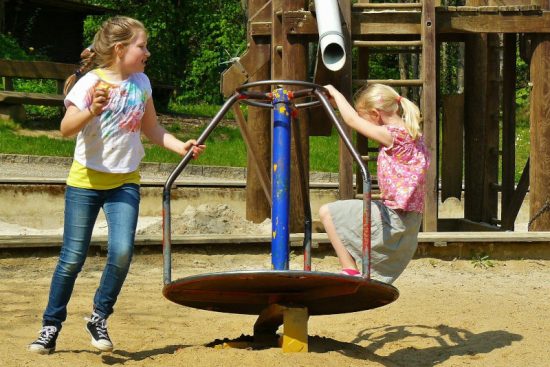Puzzles, those intriguing little brain teasers, have a knack for both entertaining and educating kids. Ready to engage their minds in a fierce battle against boredom? Imagine a world where they’re not just having fun, but also developing critical thinking, patience, and problem-solving skills. Yes, that’s the magic of puzzles. Whether it’s summer break or a rainy Sunday afternoon, puzzles offer a delightful escape. So, buckle up as we explore an exciting array of puzzle types that are perfect for kids.
Types of puzzles for kids
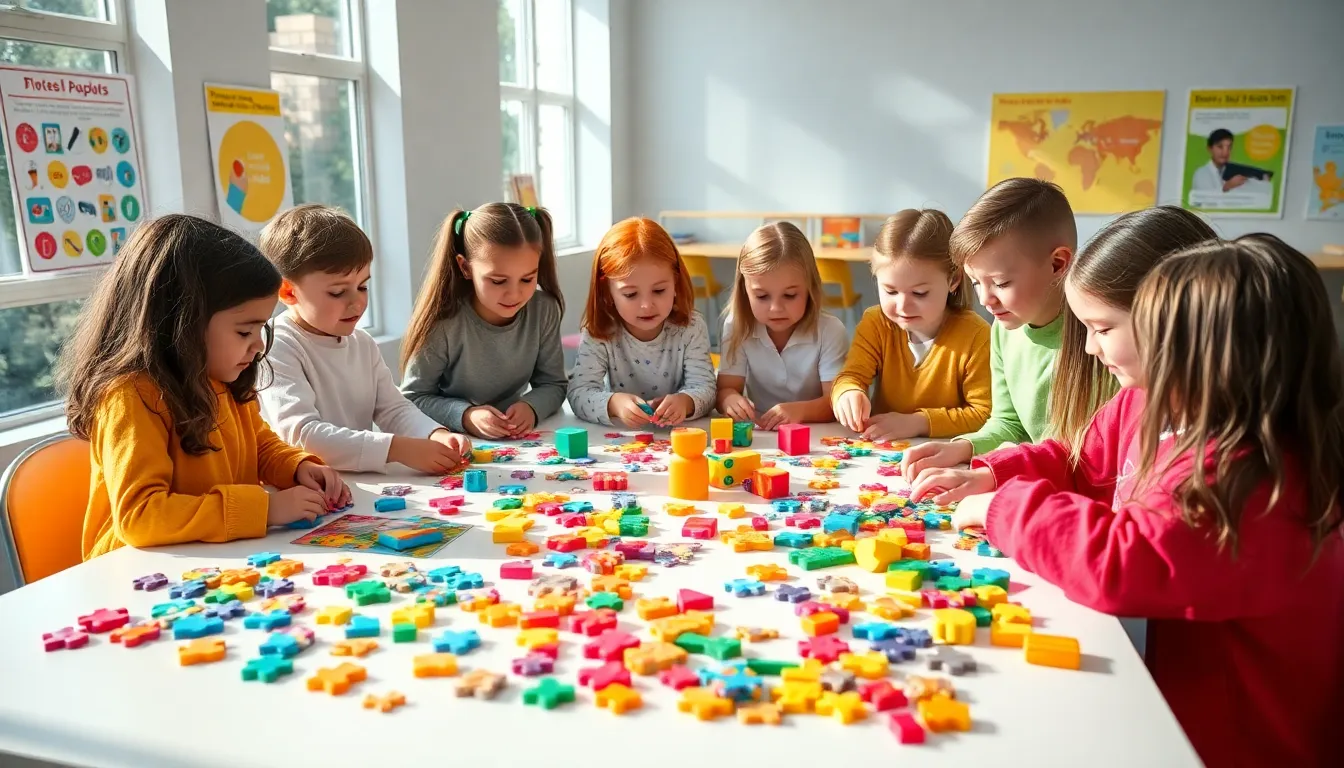
Puzzles are more than just playthings: they’re powerful educational tools packed with benefits. Engaging with puzzles supports cognitive development in ways that simple toys simply can’t. As children manipulate pieces, they enhance their spatial reasoning and fine motor skills. Each time they latch onto a piece, it’s as if they’re unlocking a level of critical thinking. Besides, puzzles encourage perseverance. When they click that last piece into place, the sense of accomplishment can skyrocket their confidence.
Research indicates that working on puzzles improves memory and increases IQ levels. It’s a win-win for parents looking for activities that promote learning through play. Kids also learn how to approach challenges strategically, think outside the box, and understand the value of patience. Yes, that’s right. Puzzles might just be the secret recipe for successfully navigating the challenges of their future.
Jigsaw Puzzles
Ah, jigsaw puzzles. The classics of the puzzle world. Known for their colorful pieces and varying piece counts, these puzzles can be adapted to suit any age. A toddler might enjoy a 4-piece puzzle, while a tween might tackle a 1,000-piece masterpiece featuring their favorite scene from a movie.
What makes jigsaw puzzles so engaging? The thrill of discovery, of watching an image slowly come together. This developmental journey nurtures patience and concentration. Did you know assembling jigsaw puzzles can improve visual perception? Kids learn to recognize patterns and colors while gaining an understanding of the bigger picture. Quite literally. Plus, these puzzles open up a fun dialogue about the image they’re piecing together. Talk about multitasking.
Logic And Brain Teasers
Next up are logic puzzles and brain teasers, perfect for the budding Sherlock Holmes or curious mathematician. These puzzles challenge youngsters to think critically. They often involve riddles or problems requiring deductive reasoning. Examples include Sudoku or logic grid puzzles. The great thing about these puzzles is the way they engage kids’ minds in a dynamic way.
They encourage independent thinking and enhance problem-solving skills. Plus, the sense of satisfaction after solving a tricky puzzle? It’s unbeatable. Logic puzzles can sometimes appear daunting, but they are often designed to be accessible for kids. Begin with simple ones to build confidence before diving into the more complex challenges.
Word Puzzles
For kids who revel in letters and language, word puzzles provide an excellent outlet. Crossword puzzles, word searches, and anagrams are fantastic ways to boost vocabulary. They help kids learn to spell while also exposing them to new words in a fun and interactive manner.
These puzzles can also encourage teamwork. Picture this: family game night, dad, mom, and kids huddled together over a crossword, brainstorming answers. The learning becomes a shared experience, reinforcing social skills as they collaborate. What’s not to love about a good word puzzle? It’s like building bridges between knowledge and fun.
Shape And Pattern Recognition Games
Shape and pattern recognition games are an excellent choice for enhancing spatial awareness and coordination. These puzzles often come in the form of block stacking, sorting shapes, or even digital apps. Kids learn how to recognize geometric shapes and patterns, laying the groundwork for math skills down the line.
This category of puzzles is particularly engaging for younger children. A simple game of sorting shapes can spark creativity and exploration. As kids experiment with different configurations, they’re also learning about the relationships between shapes. Who knew learning could be so much fun? It’s a gateway to a lifelong love for learning.
Online And App-Based Puzzles
In our tech-savvy world, online and app-based puzzles are growing in popularity. These digital offerings come in various forms, from interactive jigsaw puzzles to brain games that challenge young minds at every turn. They can be incredibly engaging, featuring animations and sounds that keep the kids hooked.
Parents may worry about screen time, but when it comes to educational apps, there’s potential for learning, too. Many of these applications are designed to develop skills while maintaining excitement. Balancing online puzzles with traditional ones can complement a child’s learning experience, providing a modern twist to classic fun.
Choosing The Right Puzzle For Your Child
Choosing the right puzzle can sometimes feel like a challenging job, but it doesn’t have to. Start by considering your child’s age and interests. Younger kids typically require larger pieces that are easy to handle, whereas older kids can enjoy the challenge of more complex puzzles. Puzzles that align with their interests, such as favorite characters or themes, can also spark enthusiasm.
Another tip? Check the difficulty level. If a puzzle is too challenging, it might lead to frustration rather than fun. On the flip side, an easy puzzle may not stimulate their minds enough. Opt for a balance and consider engaging them by introducing various types across all categories mentioned. Exploration can be at once exciting and educational.

